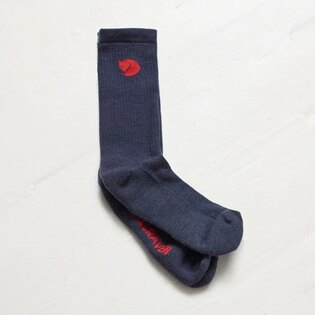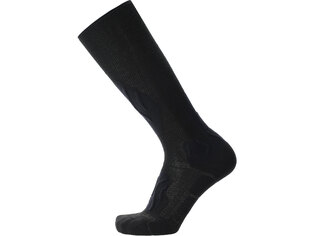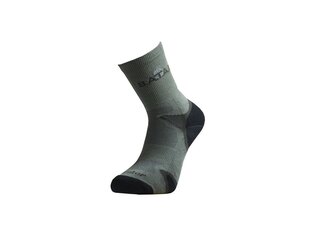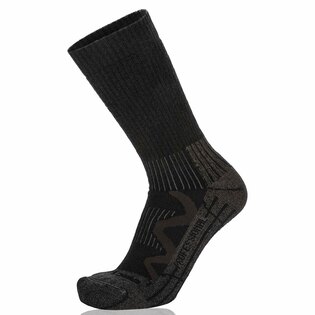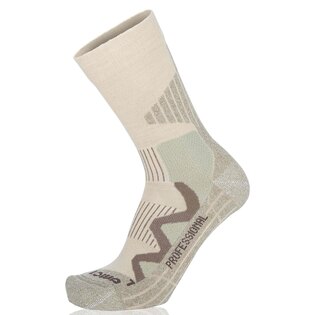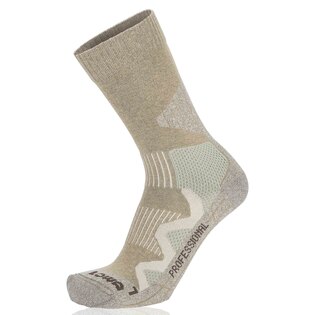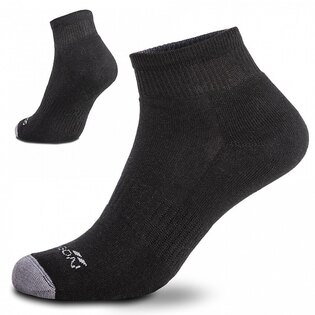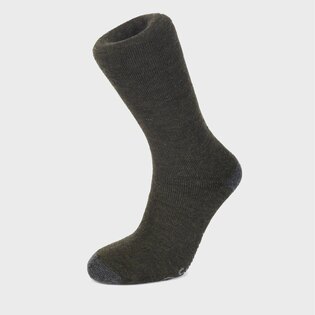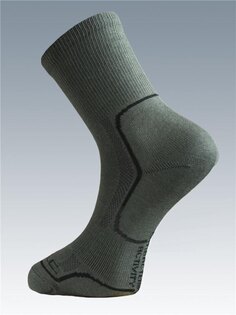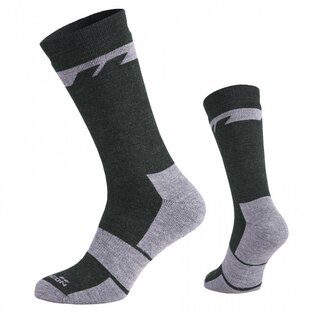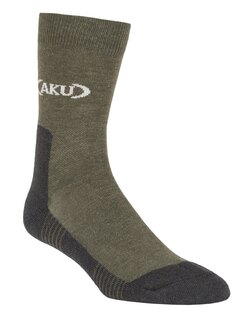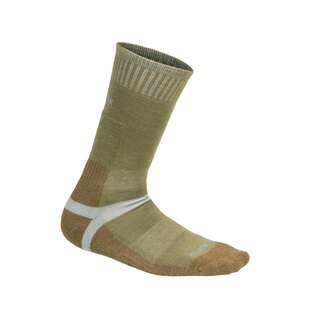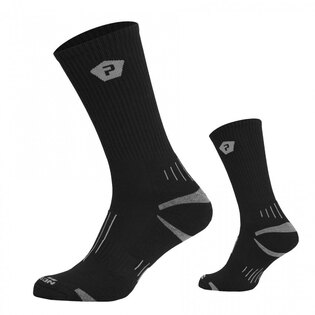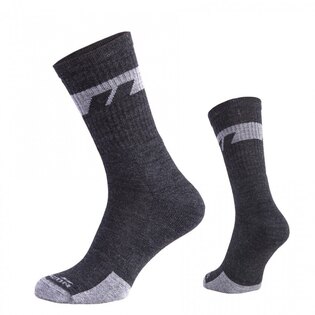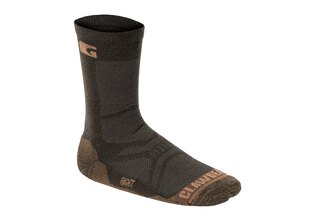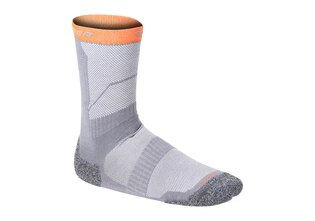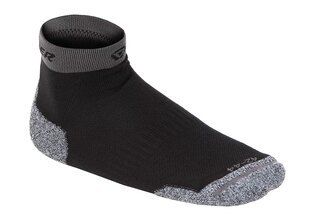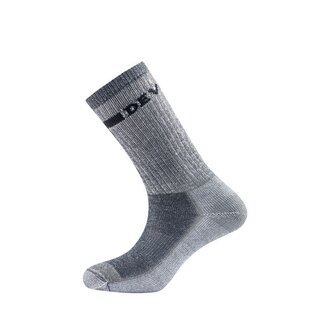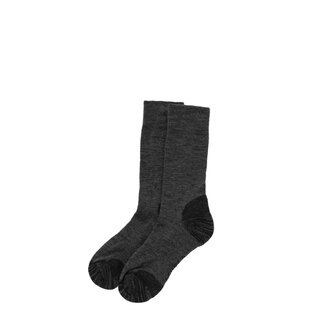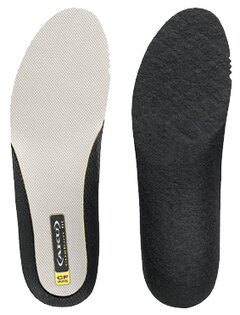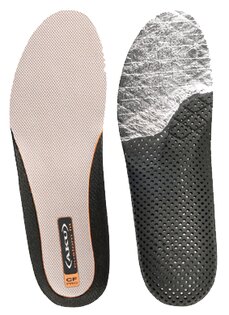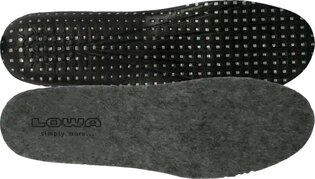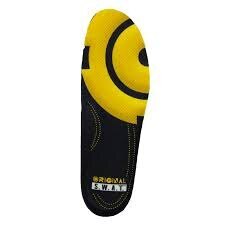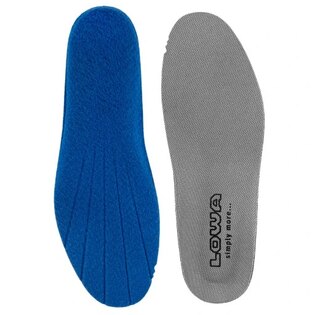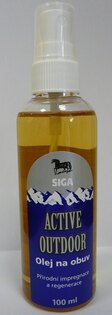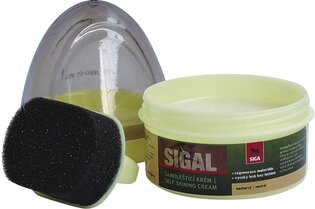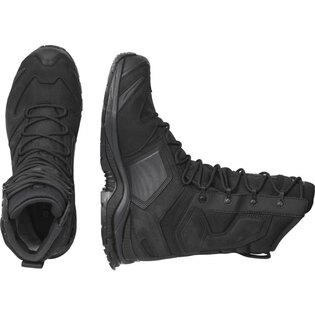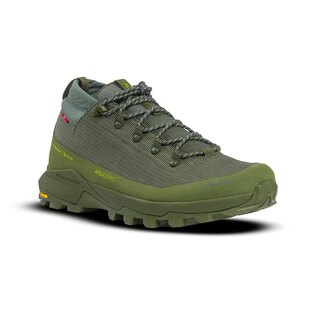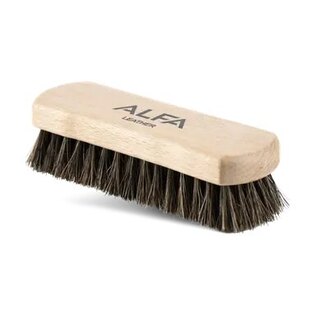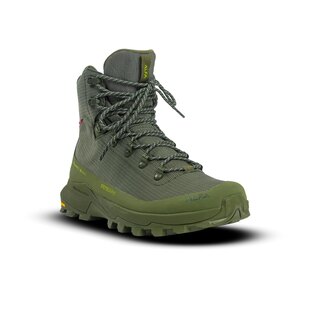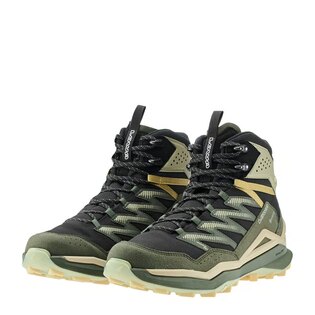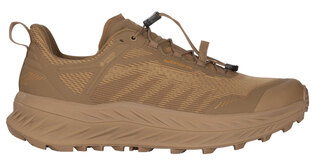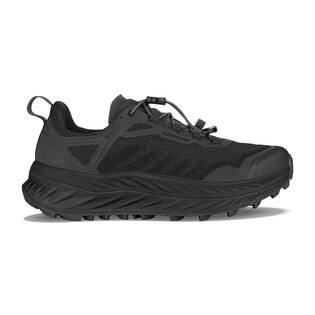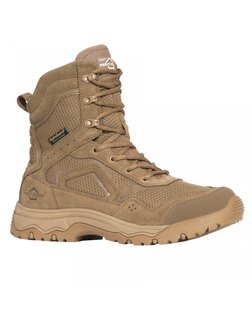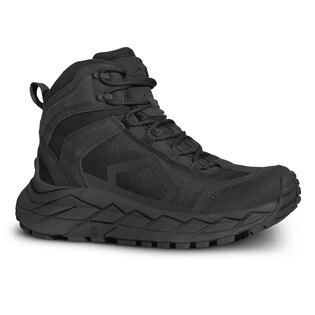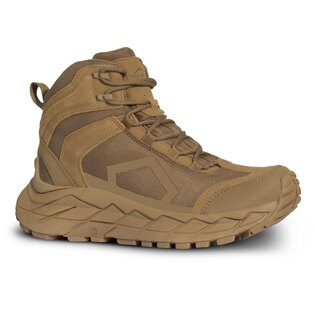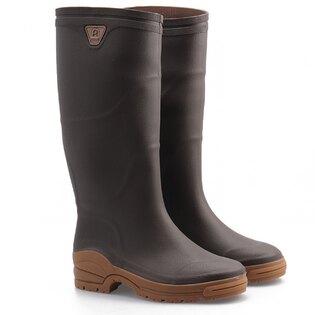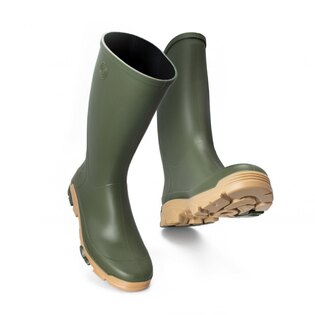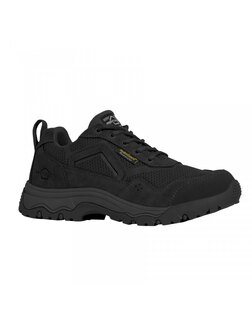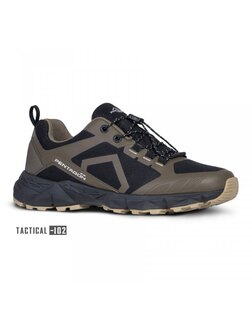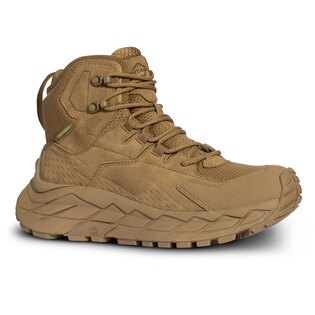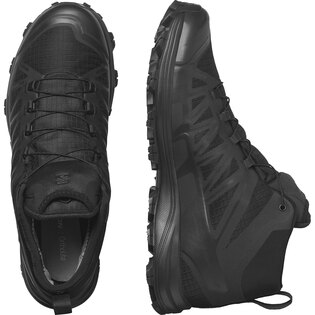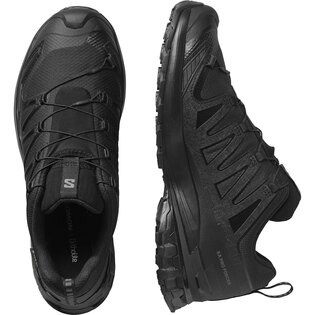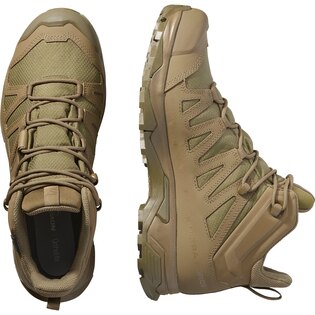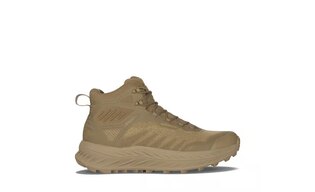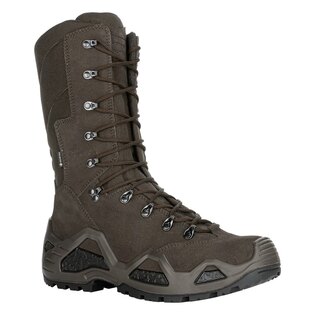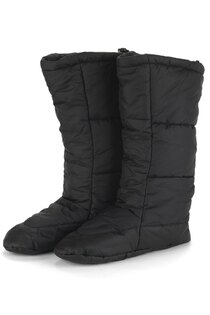Shoe odor? Get rid of it for good!
A person's leg – and we mean the foot in particular – can sweat up to several deciliters of fluid during intensive walking, running or sports activity. This is something to think about even before we put on clean socks in the morning and top them with boots, which will absorb most of the moisture from the foot. And from there, an unpleasant and well-known smell arises after we take off the socks from our tired legs in the afternoon or in the evening.
Prevention is key
First, let's take a look at some preventative tips, because shoe odor can be at least partially eliminated before it even starts. Then there will be tips on steps you can take when your shoes start to smell.
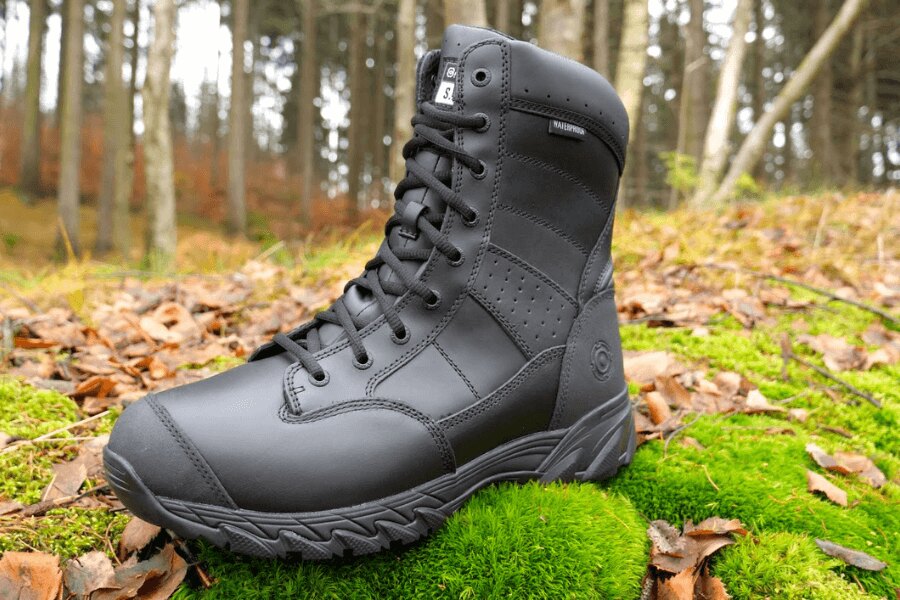
Odor from shoes can also be prevented. For example, by choosing socks made of suitable material.
1) Choose the right socks
Even such "details" as the socks you wear with them affect the condition of your shoes at the end of the day. Adapt the thickness of your socks to the season, or the outside temperature (because as we know from the past months, even winter can look like spring – and vice versa).
The most important thing is the material used. It should not be pure cotton, which absorbs moisture from the feet, but then does not let it go. The result is a steamy leg. Thus, cotton should be combined with synthetic materials (possibly enriched with an admixture of silver nanoparticles), and ideally you can choose socks made of merino wool, which has the best properties of natural materials for movement in nature. It can warm even when wet, and its natural antibacterial properties prevent excessive odors.
2) Choose the right footwear
Not only the choice of socks, but also the outdoor boots themselves is essential for at least a partial reduction of the smell after wearing them all day. The boots should have the right composition to effectively wick sweat and condensed moisture to their surface. First of all, they should not be made of full leather, because tanned leather is simply not very effective at removing moisture.
The boots should be equipped with the right membrane. Ideally Gore-Tex, or similar solutions from other brands. The Gore-Tex membrane is built on the basis of a very fine mesh, the individual vents of which are significantly smaller than a drop of water that could penetrate from the outside, and on the contrary, significantly larger than the molecules of moisture or sweat, which can thus simply move towards the surface.
3) Take off your boots when resting
Of course, this point only applies if the weather is suitable outside. Whenever you take breaks on your hike, take off your boots and socks and let your feet relax for a while. In summer, you can take breaks near bodies of water, streams or rivers, where you can get your feet wet and regenerate beautifully. If you take such a break three or four times a day, the smell from your boots will be much less pronounced at the end of the day.
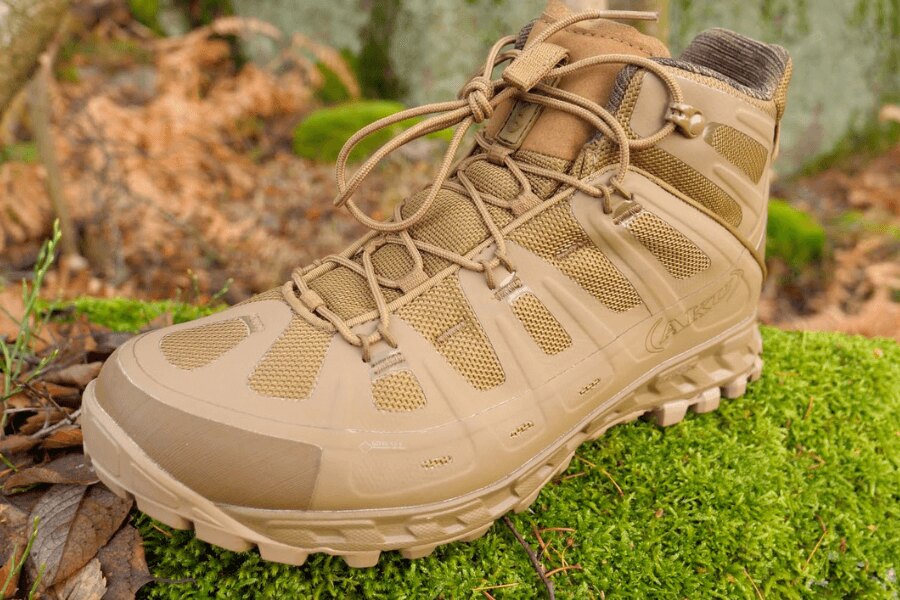
At stops during the trek, take off your boots and let your feet relax.
The boots already smell, what about it?
Sometimes, however, even the best prevention does not help. So what to do if the boots already smell? Luckily, in most cases, we can get rid of the smell from boots quite easily. It is enough to take some steps, at least some of which are inspired by the advice of our grandmothers.
4) Place the boots in the sun
If you arrive at your destination while the sun is still shining, there is nothing easier than loosening the shoe laces as much as possible, pulling out the tongue and exposing the inside of the boot to direct sunlight. Ultraviolet (UV) radiation is naturally antibacterial. And where bacteria don't multiply, even odors don't stand a chance.
But beware – it's a double-edged sword. UV radiation also degrades the surface of fabrics during prolonged exposure. Therefore, during such a procedure, it is advisable to wrap the part of the boot surface, which we do not want to expose to the sun's rays, in a piece of some fabric, the degradation of which by the sun's rays will not bother us so much. Here, however, we are talking about a longer-term effect – if we are going to take a break for an hour somewhere, we do not have to deal with covering the boots in any way. We have them in the sun all day anyway, even when we have them on our feet.
5) Sprinkle baking soda in your boots
Baking soda absorbs odors and neutralizes them. Most of us know this from the kitchen and some from house cleaning as well. And why not try it on boots too? As soon as you get home in smelly trekking boots, sprinkle the inside of them with baking soda and let it work from the inside. In the morning, just shake off the soda and vacuum up any residue. The smell should be much less intense than it was in the evening. Bar soap is just as effective as baking soda in absorbing odors.
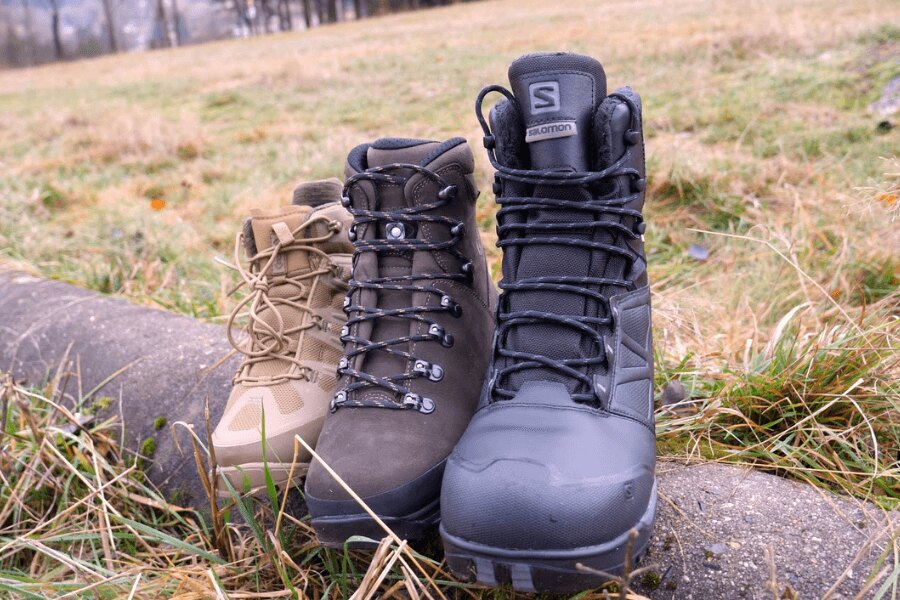
Boots should have the right composition to ensure that they effectively wick away sweat and condensed moisture.
6) Close the boots in the freezer
Frost kills bacteria. And if you have free space in the freezer, you can also use this effective method instead of baking soda – simply use this free space to store boots. However, for hygienic reasons, pack the boots in an airtight bag, especially if the rest of the freezer is full of food.
7) Clean the insoles
If your boots have removable insoles, you can clean them separately. At the same time, pay attention to the recommendations of the manufacturer of the boots (or the insoles themselves, if you bought them separately). If the insoles are machine washable, you've won. Otherwise, clean them exclusively by hand to avoid damaging them.
8) Cat litter will also help
If you have cats at home, then you probably know that there is a huge difference in whether such a cat defecates in the litter box or somewhere else. You will feel the difference almost immediately. And if litter is good for cat poop results, why can't it be good for dealing with boot odors, too? You can use a similar process here as with baking soda. With the difference that you pour cat litter (naturally unused) into a sock and then put it in your boot. This will make subsequent cleaning much easier.
9) Make homemade shoe spray
In addition to baking soda, white vinegar (and citric acid) is a hit for home cleaning today. Only a few miraculous helpers have almost universal use. So why not use them to make a homemade shoe spray? You can combine water (ideally boiled) with hamamelis water, which has antibacterial effects, and also with the aforementioned white vinegar. You can also add a few drops of essential oil with antibacterial effects, for example tea tree oil, eucalyptus, thyme or peppermint oil.
10) Try other grandmotherly advice
In addition to the tips mentioned above, there are various other guaranteed instructions on how to get rid of the smell from shoes on the Internet. We have not tried them, and therefore we mention them en masse only in the last point without guarantee. For slightly smelly shoes, incense sticks placed under the insole (don't forget them there before the next use of the footwear), or lemon peel, should be enough. However, it cannot neutralize the smell, rather it "overshadows" it with a more pleasant smell. Grandma's advice also includes the use of lovage leaves, or even vodka applied with a sprayer.
Readers are further interested





































































































































